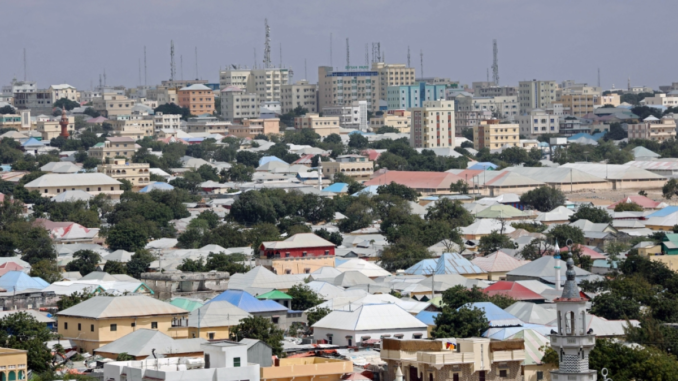
A national voter registration campaign was officially launched in Mogadishu on Sunday, April 13, marking a historic step towards Somalia’s return to direct electoral democracy.
The initiative, considered a cornerstone of upcoming local elections scheduled for late June, was announced by Abdikarim Ahmed Hassan, chairperson of the National Independent Electoral and Boundaries Commission. Citizens have been instructed to report to registration centres from Tuesday, in what will be the first time in nearly fifty years that Mogadishu residents participate in such a democratic process.
Two electoral reform bills aimed at transitioning the country from its traditional clan-based system to a one-person, one-vote model have already been approved by the cabinet. A direct presidential election has been scheduled for 2026 under this new system. The reform, which had been pledged by President Hassan Sheikh Mohamud in 2023, is being viewed as a significant move towards inclusive governance. However, it has also been met with resistance. The government’s plans have been rejected by key opposition figures, including former presidents Sharif Sheikh Ahmed and Mohamed Abdullahi Mohamed, who have accused the administration of acting unilaterally and have threatened to organise a parallel vote.
Despite the criticism, the voter registration drive is being hailed by supporters as a turning point in Somalia’s democratic evolution. The previous election in 2022 was conducted under the controversial 4.5 clan-based formula, a system which has long been criticised for marginalising minority voices. The return to direct voting—last practised in 1967—is being championed by reform advocates as a vital step toward national unity and political legitimacy, even as political tensions remain heightened.
